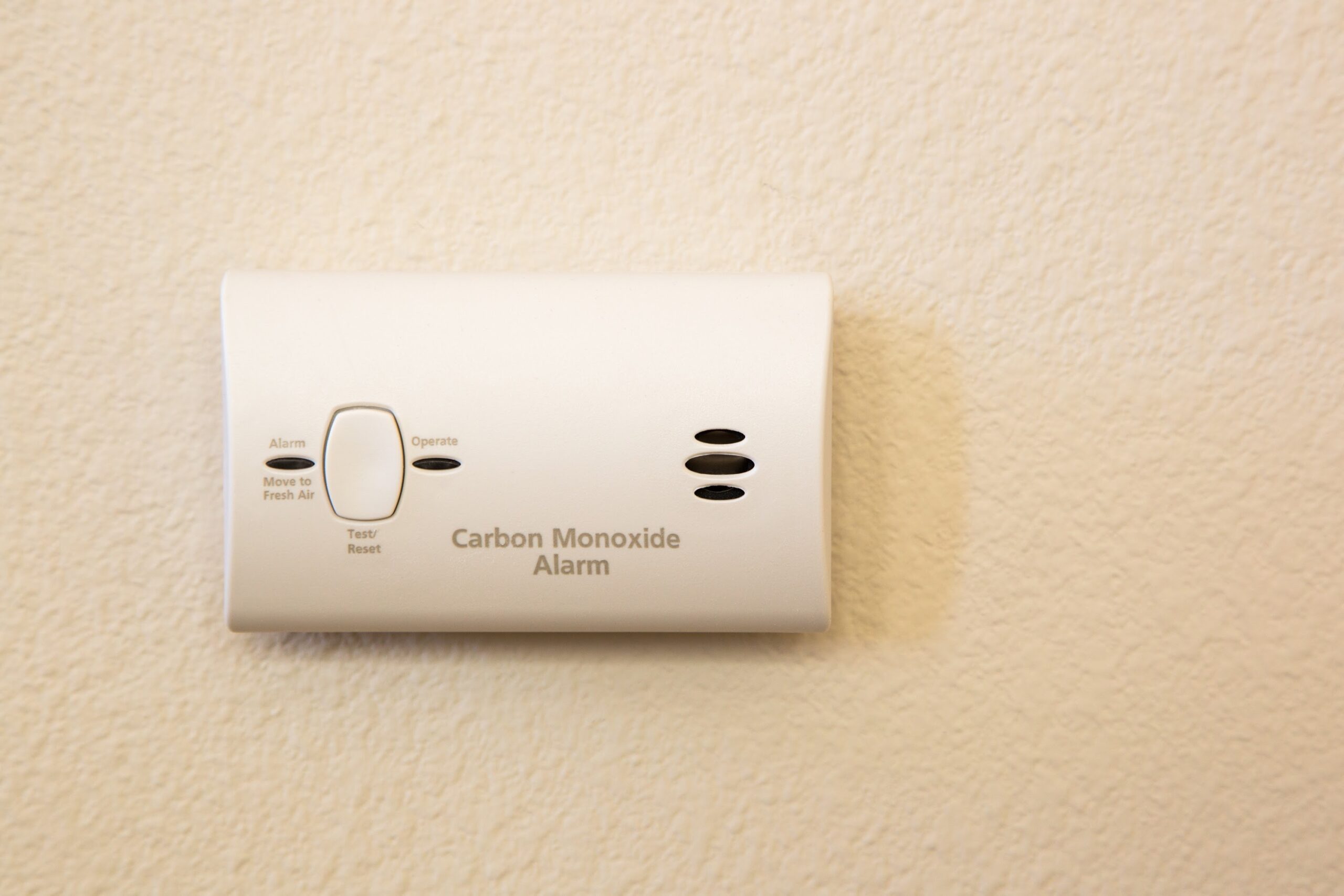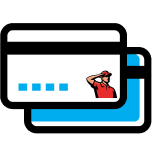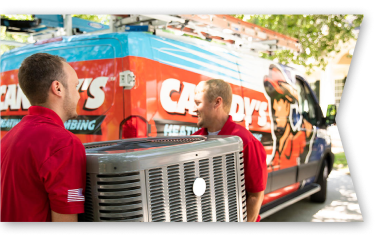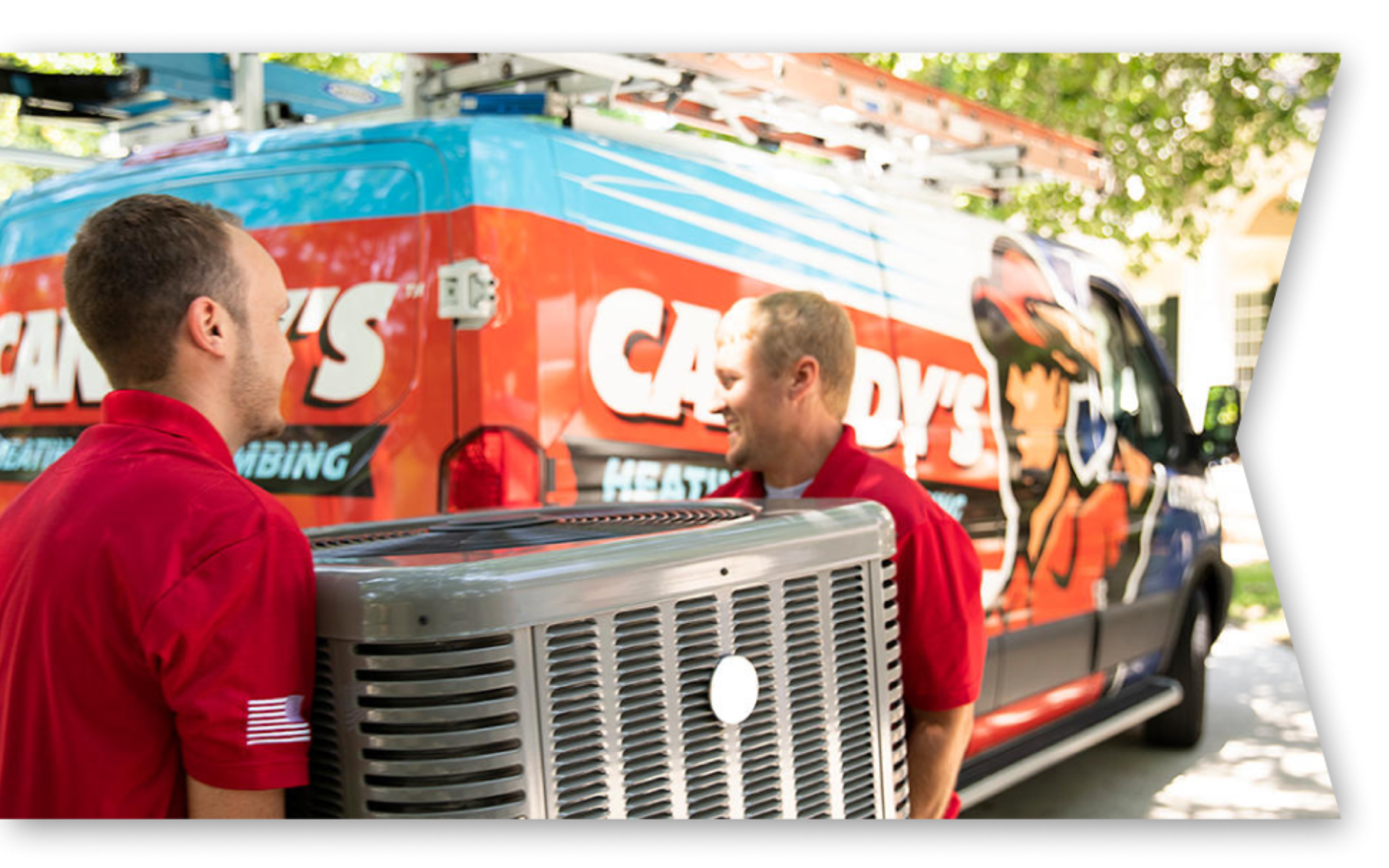Thanks to modern engineering, it’s easy to transport waste from our houses to an external municipal sewer line. Each home has its own sewer system that is designed to prevent water from flowing in the wrong direction after we flush the toilet, take a shower, or wash our face in the sink.
The water should then pass through sewer system features such as the P-trap which then blends into the primary sewer line. But when sewer line backups occur, wastewater and gasses meant to exit the home can create costly property damage — and health issues.
Common Causes of Sewer Backups
While singular episodes of drain clogs are not uncommon, it’s important to be vigilant about preventing inconvenient sewer line backups by understanding common causes. Flushing items such as personal care products, grease, hair, paper towels, and baby wipes can cause significant flooding and can lead to dangerous and expensive backups.
Additionally, deep-rooted trees that grow in close proximity to your home’s underground system may block the external path of wastewater and gasses.
Signs of a Sewer Line Backup
- Bad smells coming from drain(s): One of the first noticeable signs of a broken drainage system are sewer-related odors that can smell like waste, mold, or sulfur. While not every bad smell indicates a serious problem, it’s important to contact a reputable plumber to conduct an inspection.
- Bubbling or gurgling water: When this happens at the drain site of an appliance that relies on water to function (such a toilet or washing machine) that is currently not being used, you may have a backup. For example, if you are using the shower, there should not be signs of bubbling water in the toilet at the same time — and vice versa.
- Toilets are not flushing properly: Keep a plunger nearby in case your toilet doesn’t flush properly. But since toilets have the most straightforward path to the primary sewer line, if it’s having trouble, this is a notable sign of a more complex backup.
- Multiple clogged drains: When more than one plumbing fixture is bogged down with anything from grease, hair, and other debris that get caught in the pipeline, it’s a common sign that a sewer drain backup needs to be addressed.
How to Prevent Backups
- Regularly fill your sinks and allow them to drain concurrently to help flush any debris.
- Ensure only toilet paper is flushed into your home’s drainage system.
- Invest in sink traps that can effectively capture items that cause blockages, such as grease, hair, and other waste.
- Install backflow prevention valves within your sewer system on drains that live below ground level to mitigate flooding.
- Remove shrubs or trees outside your home that are located near the sewer lateral, or main sewer line, to prevent root invasion.
- Secure a sewage backup rider policy if you own an older home in an area that is particularly vulnerable to flooding to help save money in the long term.
- Schedule regular inspections with a trusted, licensed plumber.
At Canady’s, we are your local certified expert plumbers, serving Savannah, Pooler, Richmond Hill, The Islands, and beyond. We specialize in providing regular plumbing maintenance, repairs, and installations to ensure your sewer system stays clear of costly backups. Contact us to learn more about what causes a sewer backup and how to prevent it — or to request a quote today!







